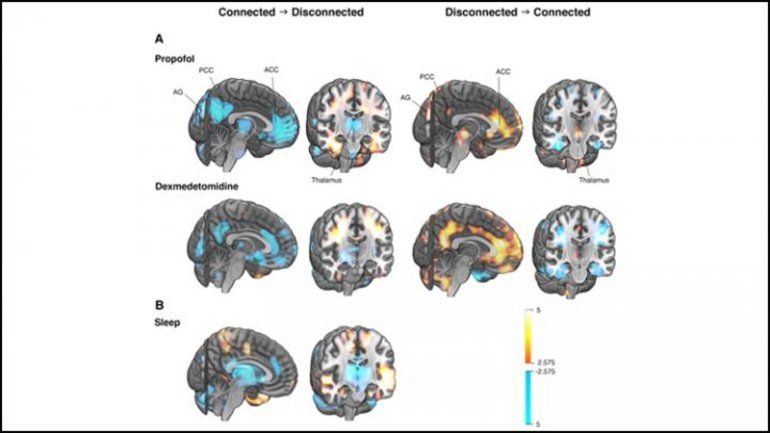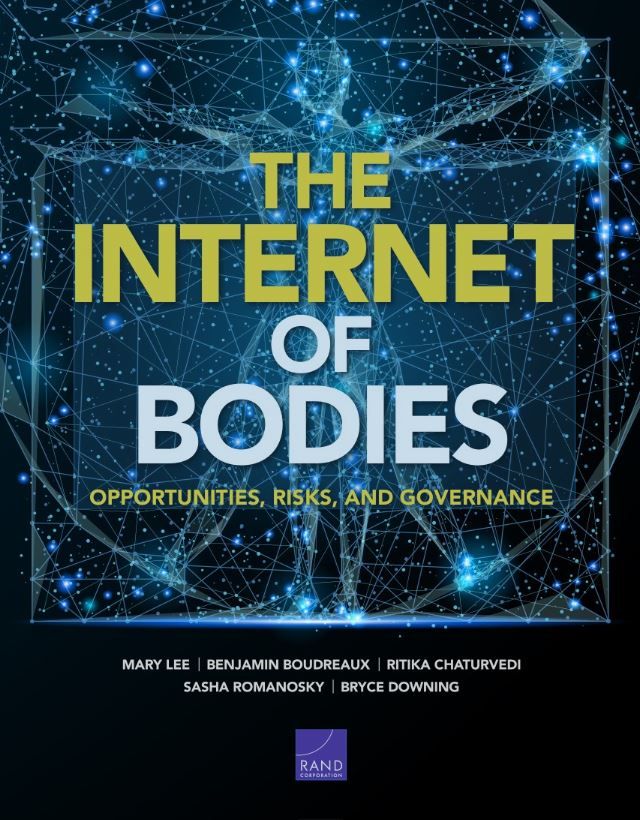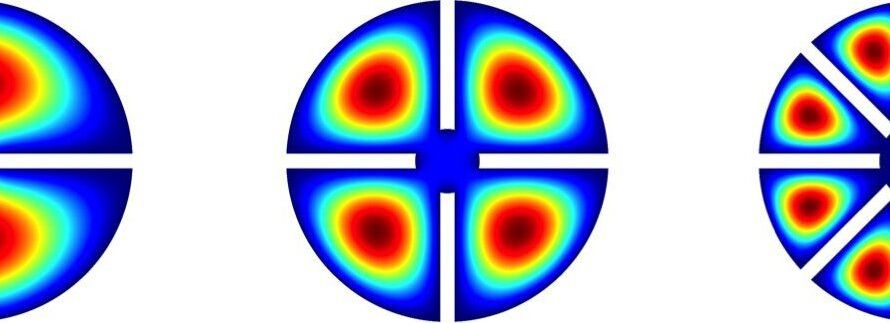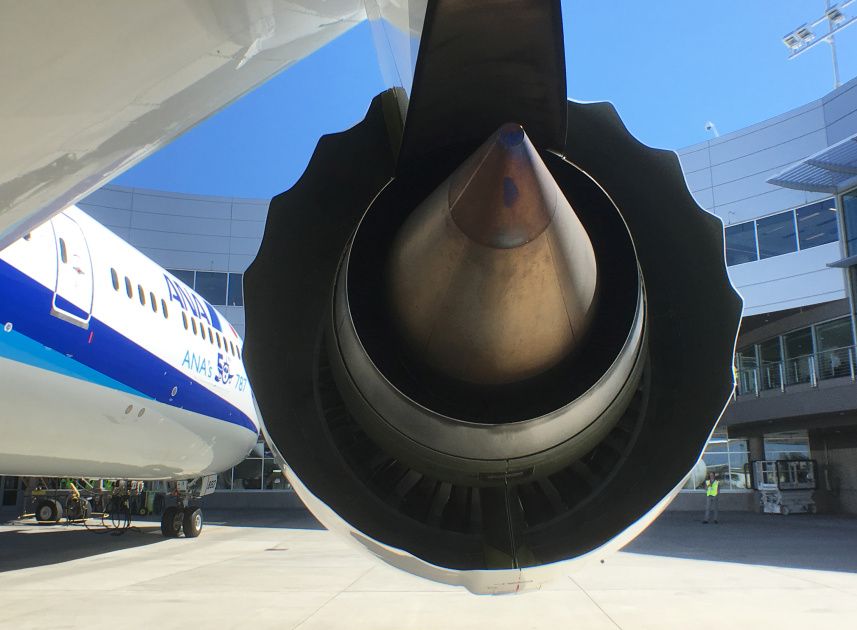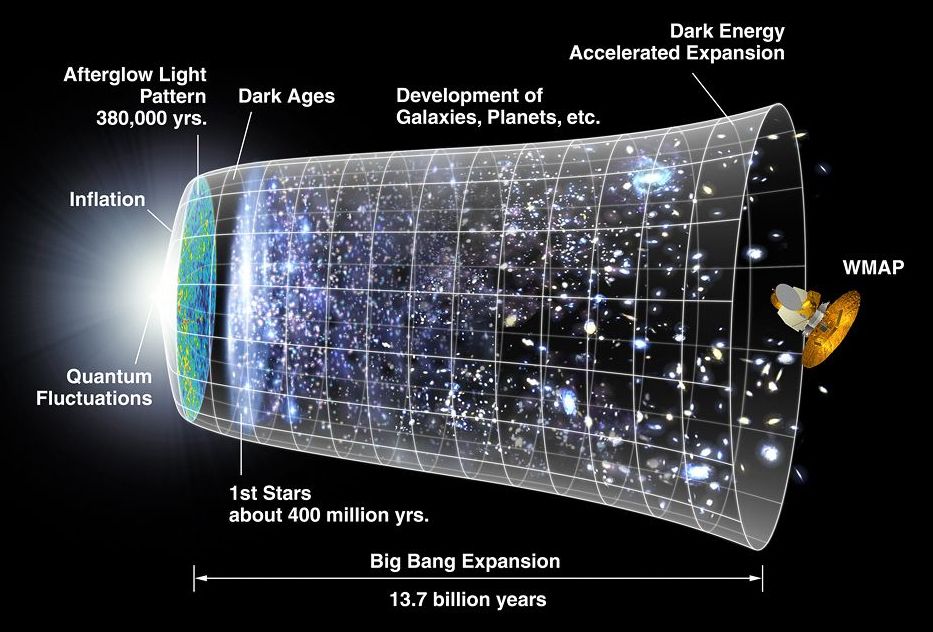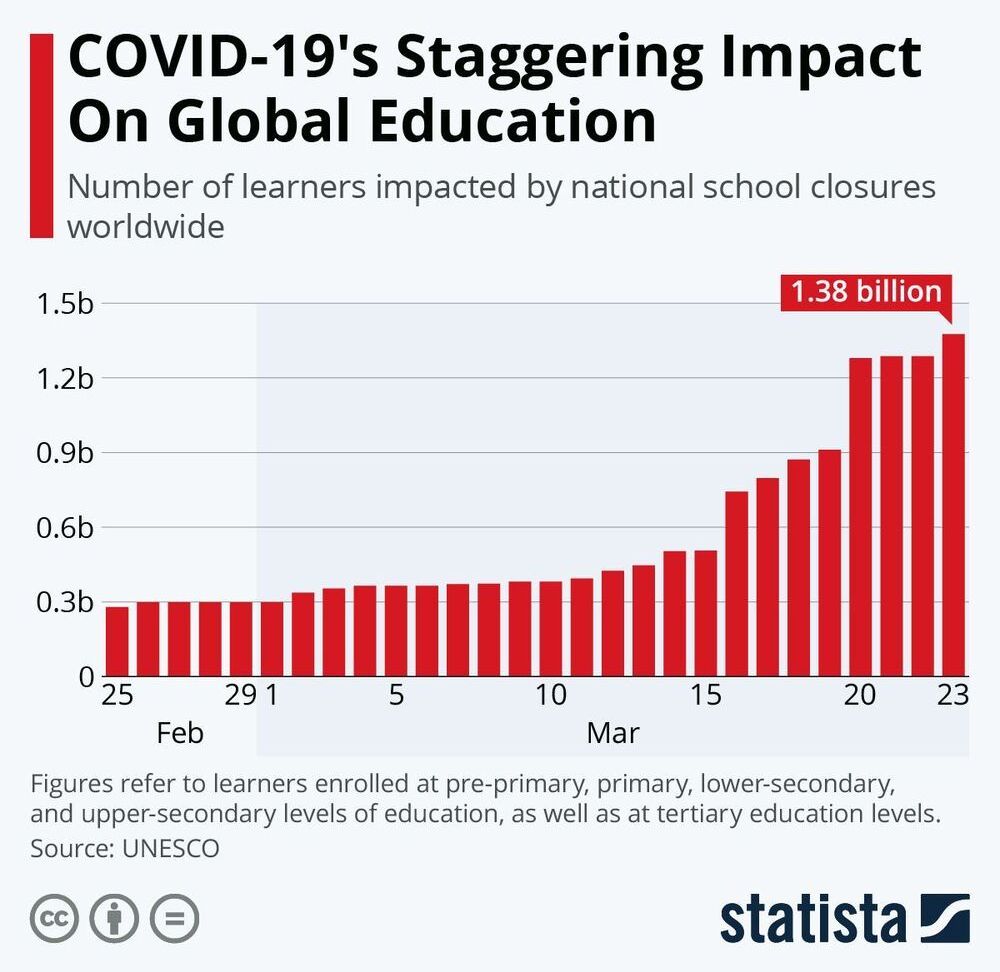Circa 2012
(PhysOrg.com) — During the past few years, CERN physicist Dragan Hajdukovic has been investigating what he thinks may be a widely overlooked part of the cosmos: the quantum vacuum. He suggests that the quantum vacuum has a gravitational charge stemming from the gravitational repulsion of virtual particles and antiparticles. Previously, he has theoretically shown that this repulsive gravity can explain several observations, including effects usually attributed to dark matter. Additionally, this additional gravity suggests that we live in a cyclic Universe (with no Big Bang) and may provide insight into the nature of black holes and an estimate of the neutrino mass. In his most recent paper, published in Astrophysics and Space Science, he shows that the quantum vacuum could explain one more observation: the Universe’s accelerating expansion, without the need for dark energy.
“The quantum vacuum was predicted theoretically more than 60 years ago,” Hajdukovic told PhysOrg.com. “Today, there is significant experimental evidence that the quantum vacuum exists. I have decided to combine one reality (the quantum vacuum) with one hypothesis (the negative gravitational charge of antiparticles) and to study the consequences. The hypothesis of the gravitational repulsion between matter and antimatter is older than half a century, but before me no one has used it in the combination with the quantum vacuum. … The results are surprising; there is potential to explain [the Universe’s accelerating expansion] in the framework of the quantum vacuum enriched with the gravitational repulsion between matter and antimatter.”
According to Hajdukovic, gravity in the quantum vacuum arises from the gravitational repulsion between the positive gravitational charge of matter and the (hypothetical) negative gravitational charge of antimatter. While matter and antimatter are gravitationally self-attractive, they are mutually repulsive. (This part is similar to Massimo Villata’s theory from part 1, in which negatively charged antimatter exists in voids rather than in the quantum vacuum.) Although the quantum vacuum does not contain real matter and antimatter, short-lived virtual particles and virtual antiparticles could momentarily appear and form pairs, becoming gravitational dipoles.
